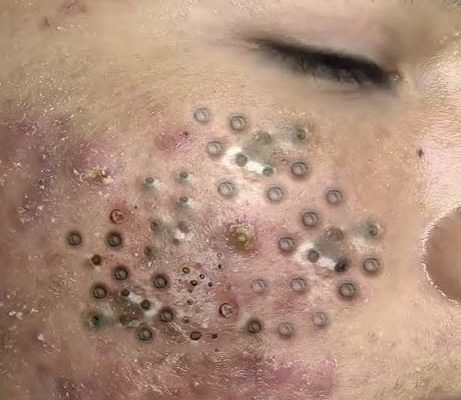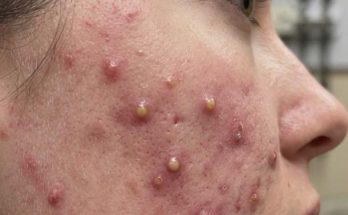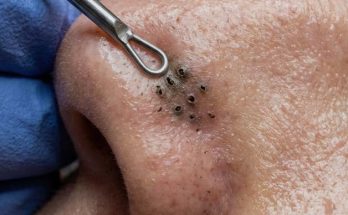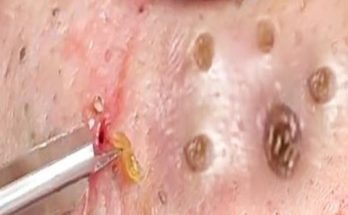Protein is absolutely fundamental to both repair and muscle growth because it is the primary building block of our bodies. Think of it like this: if your body is a house, protein is the bricks, the wood, the wiring, and even the repair crew.
Here’s a breakdown of why protein is so crucial:
1. The Building Blocks: Amino Acids Protein is made up of smaller units called amino acids. There are 20 different amino acids, often categorized as:
-
Essential amino acids: 9 of these cannot be produced by our bodies and must be obtained through diet.
-
Non-essential amino acids: Our bodies can synthesize these.
-
Conditionally essential amino acids: Usually non-essential, but become essential during times of stress, illness, or rapid growth.
When you consume protein, your digestive system breaks it down into these individual amino acids. These amino acids then enter your bloodstream and are transported to cells throughout your body, ready to be reassembled into new proteins as needed.
2. Muscle Growth (Hypertrophy) Muscle growth, or hypertrophy, is the process where muscle cells increase in size. This happens when the rate of muscle protein synthesis (MPS) exceeds the rate of muscle protein breakdown (MPB).
-
Stimulation: When you lift weights or engage in resistance training, you create microscopic tears and stress in your muscle fibers. This damage acts as a signal to the body to repair and rebuild these fibers, making them stronger and larger to adapt to the new demands.
-
Raw Materials: To rebuild and grow, your muscles need an abundant supply of amino acids. These amino acids are precisely what your body uses to create new muscle proteins, effectively laying down more “bricks” in the muscle “structure.“
-
Anabolic Signal: Leucine, one of the essential amino acids, plays a particularly critical role. It acts as a powerful signaling molecule, directly activating the mTOR pathway, which is a major regulator of muscle protein synthesis. Adequate leucine intake (found in high-quality protein sources) is vital to kickstart the muscle-building process.
3. Repair and Recovery Beyond just growth, protein is constantly needed for the general repair and maintenance of virtually all body tissues, not just muscles.
-
Everyday Wear and Tear: Even without intense exercise, your body’s cells are constantly being broken down and rebuilt. This includes skin cells, hair, nails, organs, and, of course, muscle tissue. Protein provides the necessary amino acids for this continuous turnover.
-
Post-Exercise Repair: After a workout, the microscopic damage to muscle fibers isn’t just for growth; it needs to be repaired. Protein supplies the amino acids to fix these damaged areas, reducing soreness and speeding up recovery. If protein intake is insufficient, recovery can be prolonged, and performance might suffer.
-
Enzymes and Hormones: Many enzymes (which facilitate chemical reactions) and hormones (which regulate various bodily functions, including metabolism and growth) are made from protein. Without sufficient protein, these vital processes can be impaired, affecting overall bodily function and recovery.
-
Immune Function: Antibodies, which are crucial for our immune system to fight off infections, are also proteins. Adequate protein intake supports a robust immune response, which is particularly important when the body is under stress from intense training or injury.
In Summary:
Protein is the indispensable nutrient for muscle growth because it provides the amino acids (especially essential ones like leucine) that directly build new muscle tissue and signal the growth process. For repair, protein is the fundamental material for fixing damaged tissues, replacing old cells, and supporting all the enzymatic, hormonal, and immune functions critical for recovery and overall health. Without sufficient protein, both muscle growth and efficient repair processes are severely compromised.



